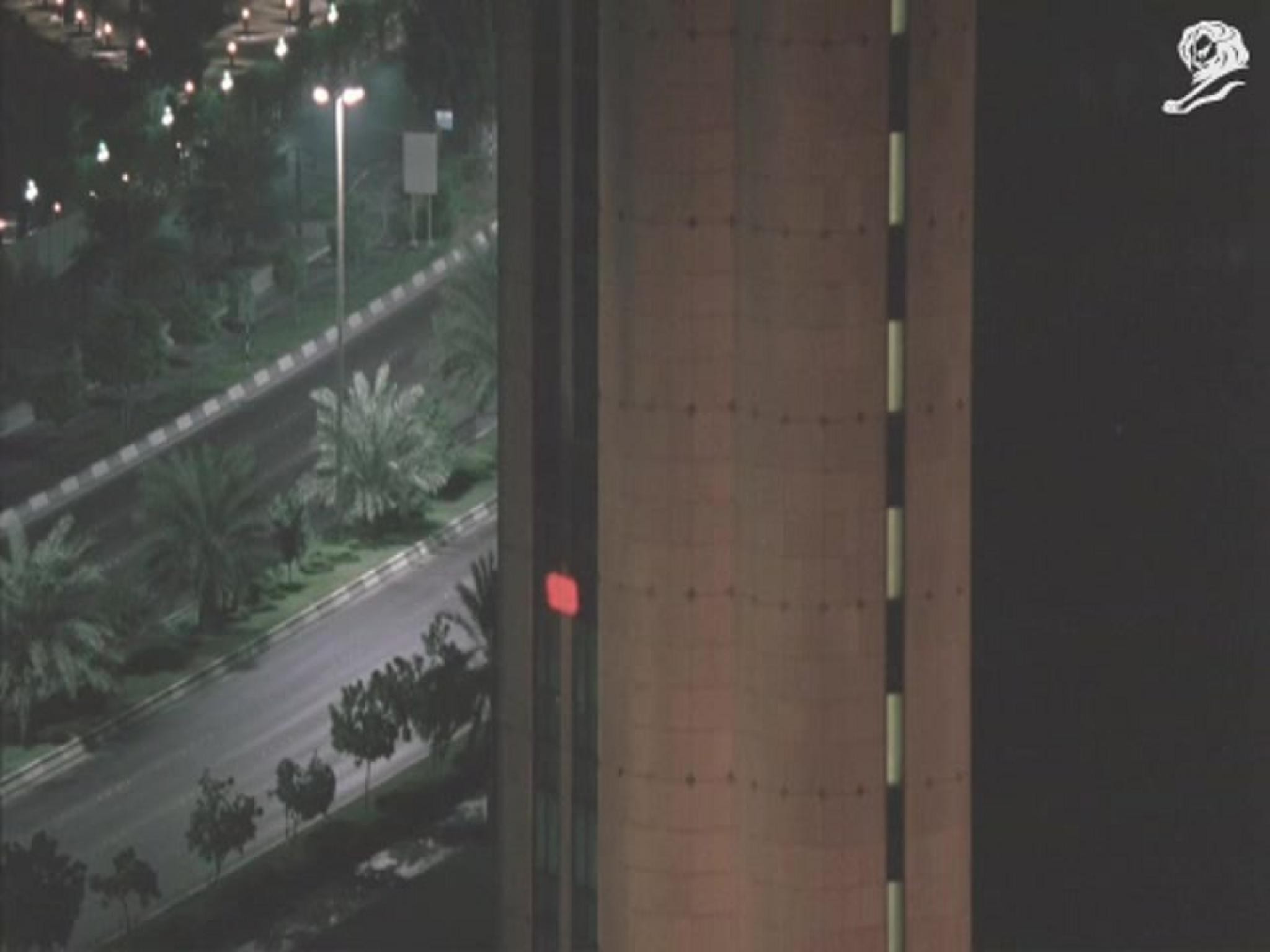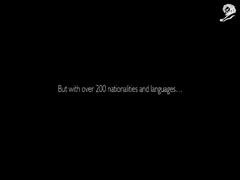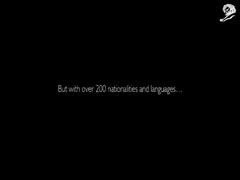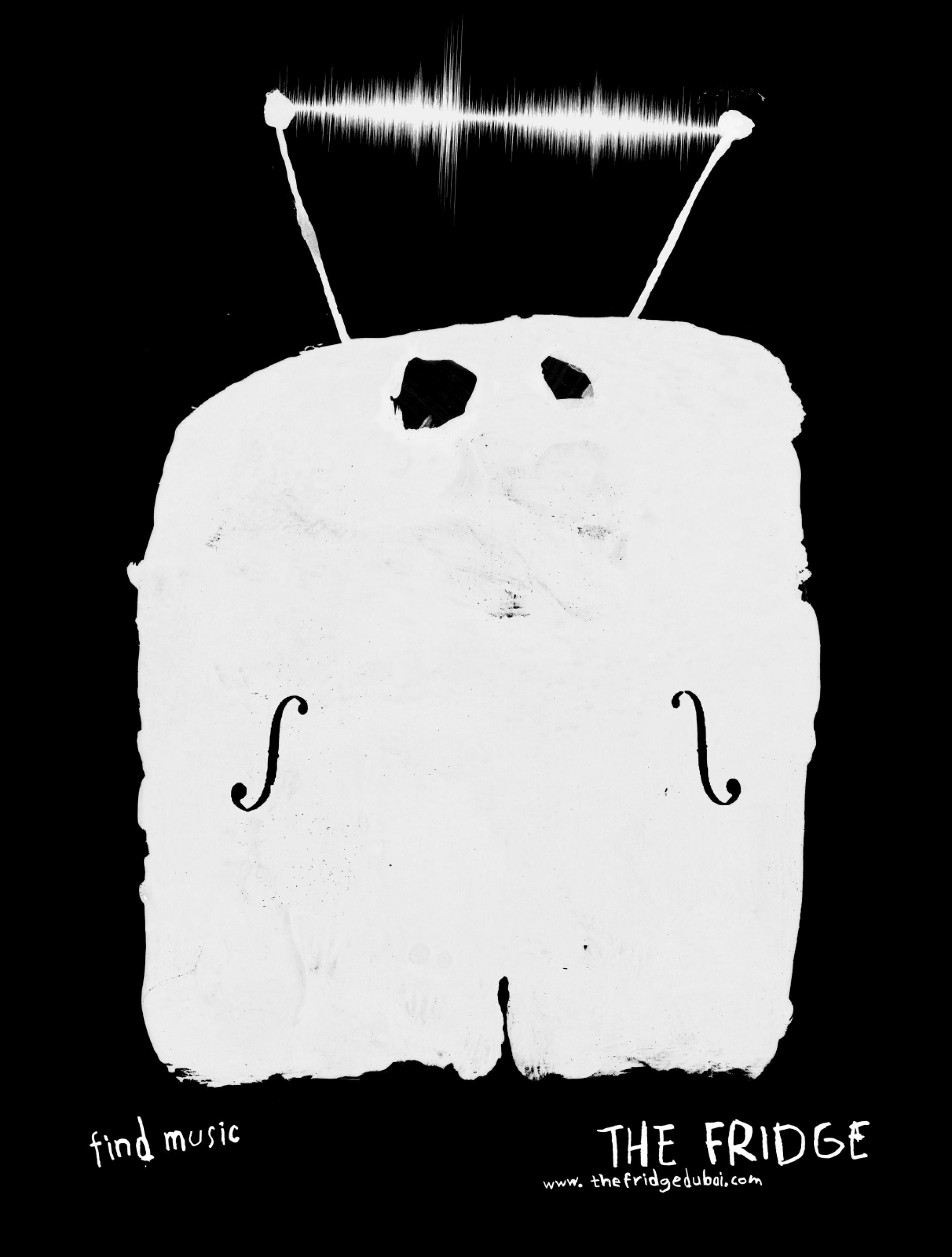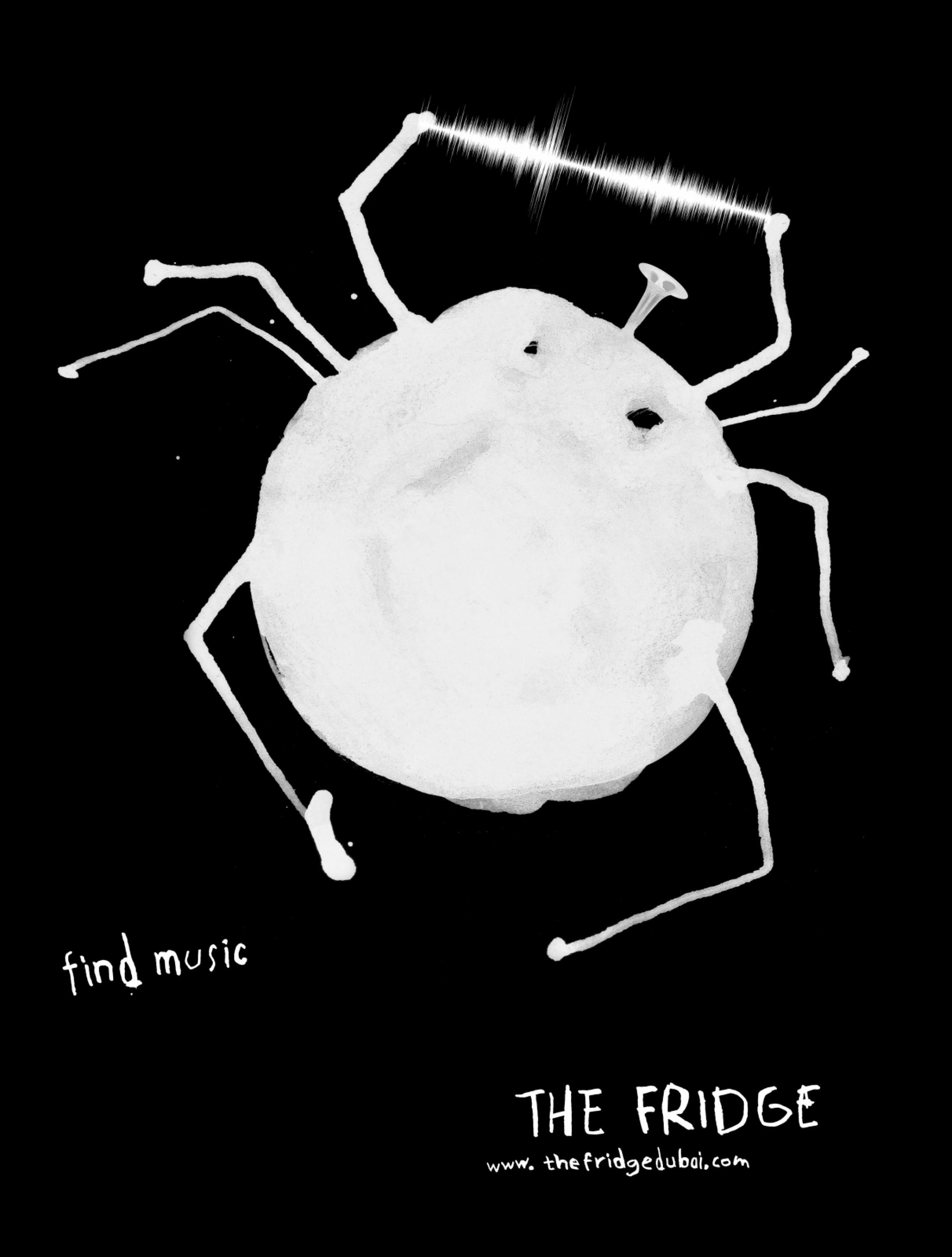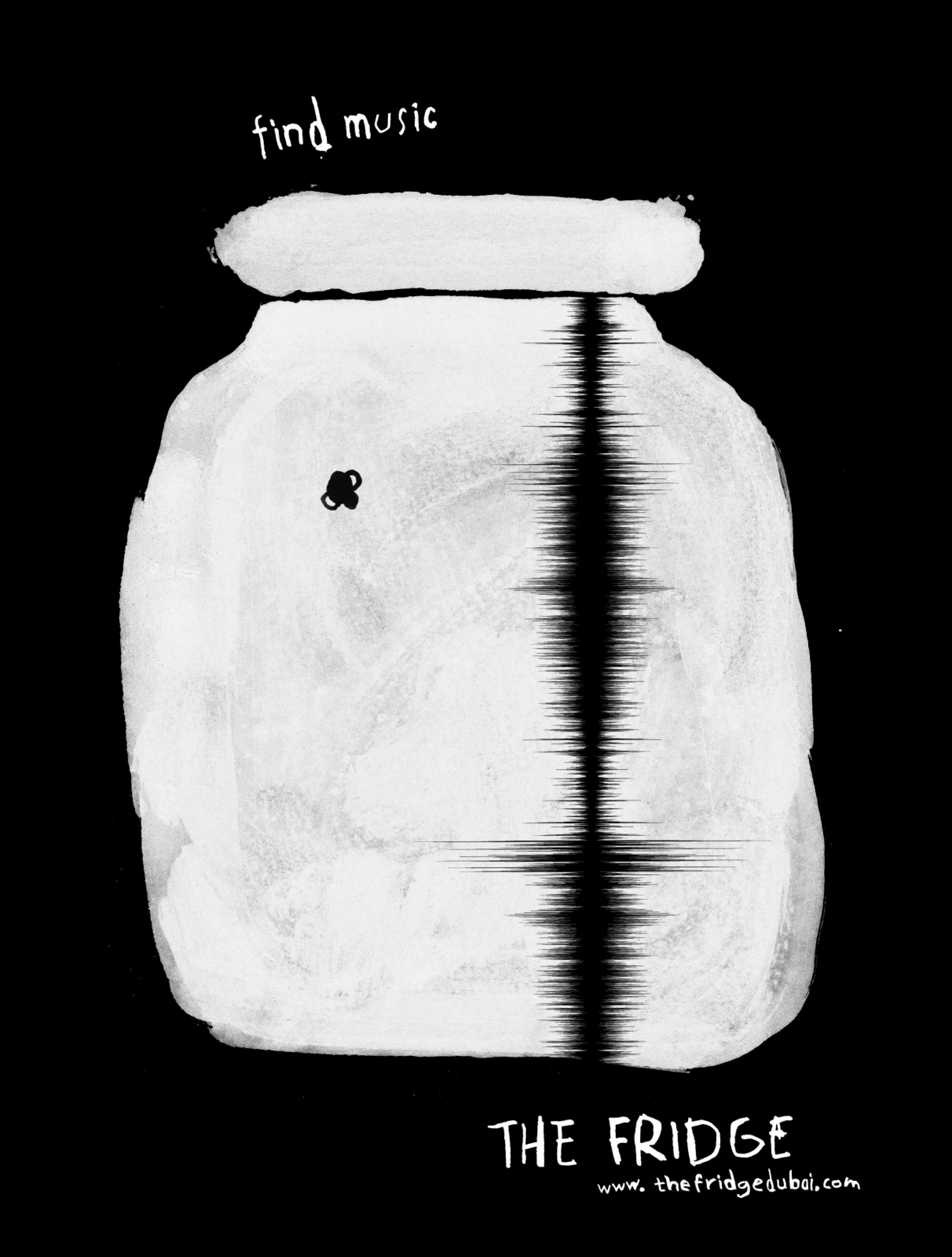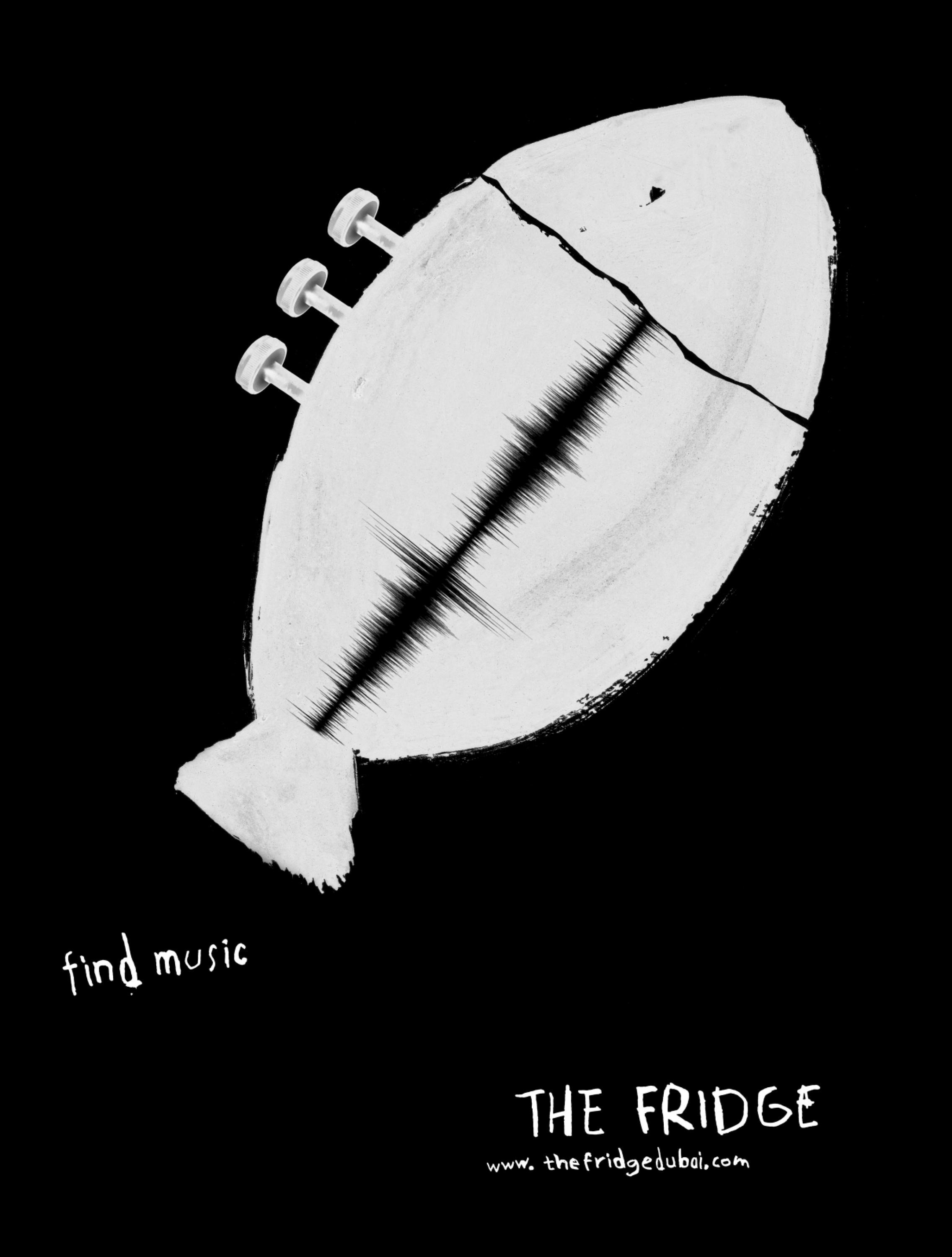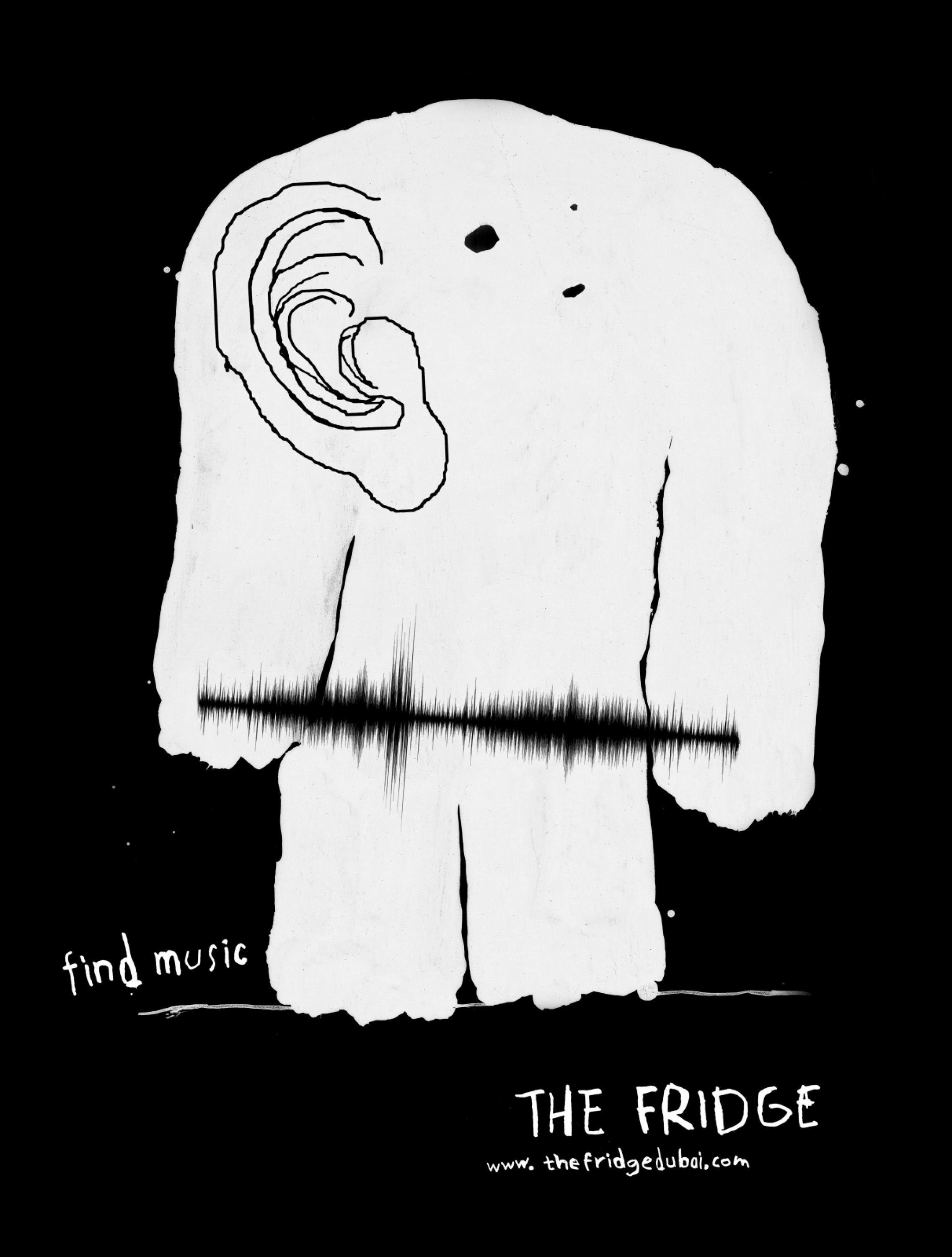PR > PR: Sectors
A CALL FOR DIALOGUE
TBWA\RAAD, Dubai / LEBANESE MINISTRY OF TELECOMMUNICATIONS / 2024
Awards:

Overview
Credits
Overview
Why is this work relevant for PR?
This work is highly relevant for PR because it showcases the transformative power of strategic communication. The campaign effectively addressed a pressing political issue in Lebanon, using creative and bold communication strategies. By publicly confronting politicians' excuses and engaging with the public, it not only influenced opinion but also drove progress and change in both politics and society. The campaign's success in promoting dialogue and taking a stand on a critical issue aligns perfectly with the PR Lynx category's focus on storytelling, reputation enhancement, and the impact of communication on organizations and brands in the government and non-profit sectors.
Please note that the Jurors for Dubai Lynx will be coming from outside the region and may not be aware of the specific cultural nuances of your work.
Lebanon's landscape is characterized by a unique and complex political system, deeply rooted in sectarian divisions and a history of conflict. This system often results in political deadlock, as seen in the failure to elect a president, exacerbating the country's economic and social crises. In such a setting, communication between political factions is not just rare but culturally unexpected, with hostility often prevailing over dialogue.
The International Day of Dialogue, leveraged in our campaign, holds significant relevance in this context. It symbolizes a potential shift from entrenched sectarianism to open communication, a concept deeply resonant yet challenging for the Lebanese populace, given the prevailing cultural norms.
Moreover, the campaign's execution period coincided with an all-time low in public trust in government, against the backdrop of soaring inflation and crumbling infrastructure. This despair was mirrored on social media platforms, particularly 'X', where political discourse is rampant yet typically unproductive.
The use of outdoor billboards in strategically selected locations- outside politicians' homes and offices- isn't just a media strategy; it's a cultural statement. In Lebanon, such a bold move by a government entity, targeting its politicians, is unprecedented. It breaks through the cultural norm of passive government communication, directly challenging the status quo.
The media buzz generated, both locally and, also reflects Lebanon's cultural landscape, where politics is deeply interwoven with everyday life. The campaign's audacity in such a politically charged and divided society demonstrates a courageous step towards change, leveraging cultural moments and societal sentiments to create a powerful, resonant message.
Background
Lebanon was trapped in a severe political stalemate, exacerbated by a lack of communication among politicians, leading to a deepening socio-economic crisis and the absence of an elected president.
The brief was to devise a creative solution to break this communication deadlock. The challenge was to compel politicians to engage in dialogue and create a sense of urgency and responsibility among them. Simultaneously, the objective was to rally public support and awareness of this critical issue.
The objective was to force politicians into dialogue and action by leveraging their own excuse of not having each other's contact details against them. This was achieved through the strategic placement of billboards to publicly display politicians' contact information. Additionally, it aimed to empower the Lebanese public to actively demand political discourse and contribute to nationwide dialogue by replying to politicians’ messages using the same visuals as the outdoor campaign, thus amplifying our efforts.
Describe the creative idea
The creative idea was ingeniously designed to capture the attention of both politicians and the Lebanese public. It leveraged the absurd excuse used by politicians - not having each other's contact details - as a catalyst for change. The campaign's boldness lay in its direct and provocative approach: publicly eliminating this excuse by displaying politicians' phone numbers on strategically placed billboards.
To earn attention, we used the element of surprise and shock value, making it impossible for politicians to ignore the campaign. By targeting key locations near their homes, offices, and constituencies, we ensured maximum visibility and pressure. Additionally, on the digital platform X, where political discourse thrives, we engaged politicians by replying to their tweets with the same visuals from the outdoor campaign, making it impossible for them to disregard the call to dialogue. This multi-channel approach aimed to create a powerful and unavoidable message that demanded immediate action.
Describe the PR strategy
Our PR strategy for "A Call to Dialogue" aimed to bridge the communication gap in Lebanese politics. We recognized that politicians often used the excuse of not having each other's contact details, creating a communication deadlock.
Our key message was to break this barrier by publicly displaying politicians' phone numbers, urging them to engage in dialogue. Our targets were Lebanese politicians and the disillusioned public.
To execute this strategy, we strategically placed billboards near politicians' homes, offices, and constituencies for maximum visibility. Additionally, on the digital platform X, we replied to politicians' tweets using the same visuals from the outdoor campaign, ensuring they couldn't ignore our message. This multi-channel approach aimed to create a pervasive and impactful PR campaign.
Describe the PR execution
The PR execution of "A Call to Dialogue" was meticulously planned and strategically implemented. We targeted eight key Lebanese politicians, each symbolizing a facet of the political impasse. For each politician, multiple outdoor billboard placements were executed in highly strategic locations: their home villages, residences in the capital, and near their workplaces. These placements ensured the message was unavoidable, creating a constant reminder of their responsibility to engage in dialogue.
Simultaneously, we expanded our reach through digital channels, particularly on platform 'X', where Lebanese political discourse is rampant. Here, we hijacked politicians' posts, using the same visuals from the outdoor campaign, thus integrating our message into the digital sphere.
The timeline was tightly aligned with the International Day of Dialogue, maximizing the campaign's relevance and impact. This multi-channel, integrated approach created a pervasive presence across both physical and digital landscapes, effectively cornering politicians into action on a national scale.
List the results
The "A Call to Dialogue" campaign yielded remarkable results:
• Political Impact: The campaign's direct approach led to the initiation of the presidential election process by the Lebanese parliament. Politicians, once uncommunicative, began engaging in dialogue and collaboration, breaking the longstanding political deadlock.
• Public Engagement: The Lebanese public, traditionally passive in political discourse, were galvanized into action. The campaign's visibility and boldness spurred widespread public support and participation in the political process.
• Media Coverage: The campaign garnered extensive media attention, highlighting its audacity and effectiveness. This not only amplified the campaign's message but also put additional pressure on politicians to respond.
• Cultural Shift: The campaign marked a significant shift in how government entities communicate and take action in Lebanon, setting a precedent for future governmental initiatives and public expectations.
More Entries from TBWA\RAAD
24 items


